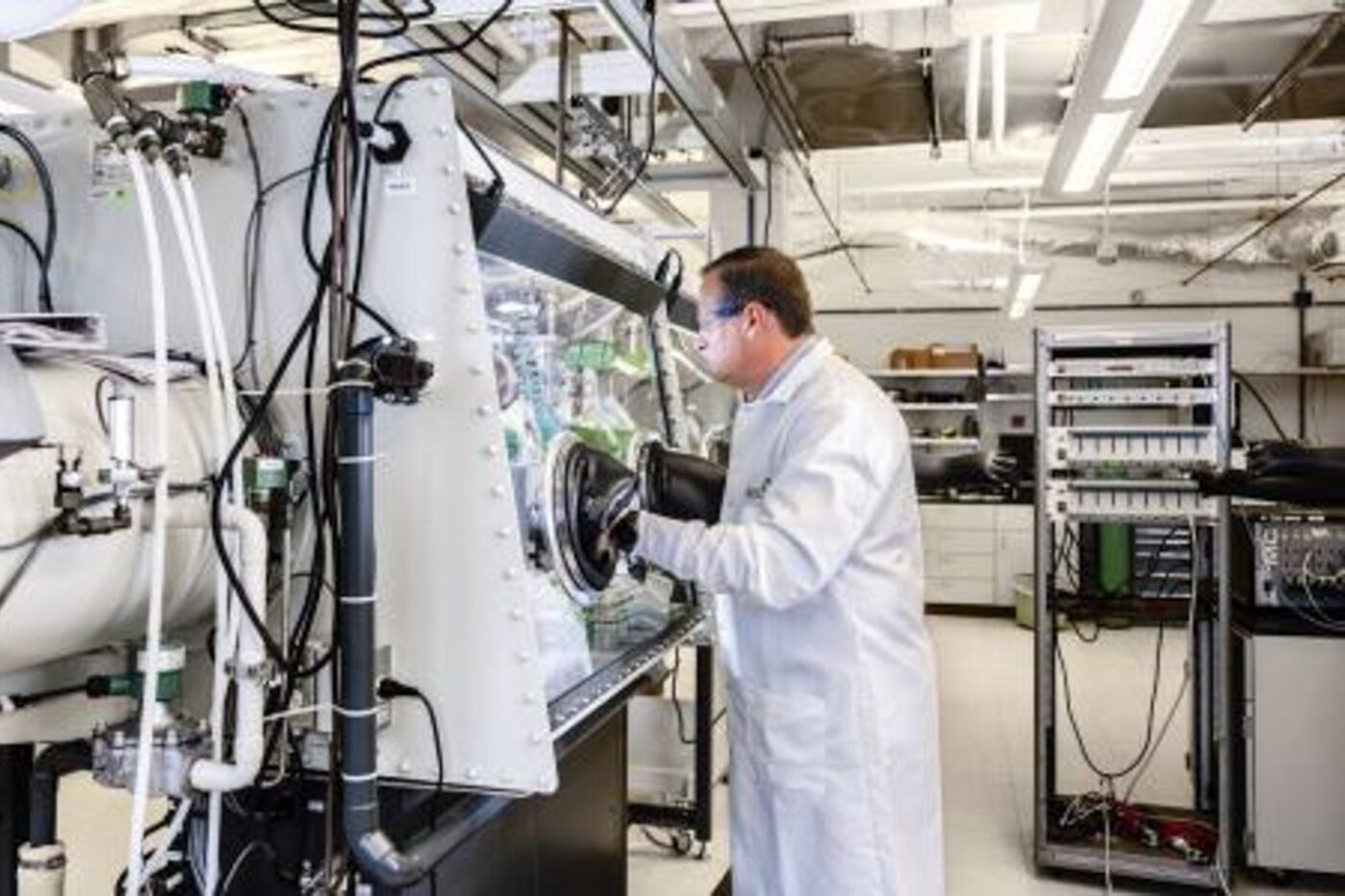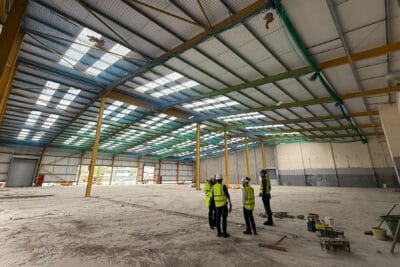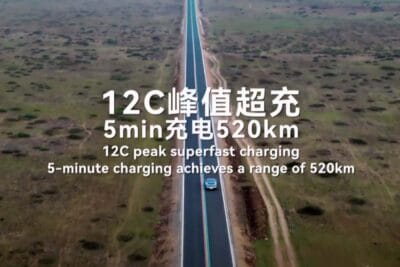Argonne National Laboratory leads consortium for sodium-ion battery research
The funds were awarded by the U.S. Department of Energy awarded to achieve the overall goal of manufacturing high-energy, long-lasting sodium-ion batteries in the USA in the next five years. The participating laboratories include DOE’s Argonne National Laboratory, DOE’s Brookhaven National Laboratory, Lawrence Berkeley National Laboratory, Pacific Northwest National Laboratory, Sandia National Laboratories and SLAC National Accelerator Laboratory. LENS will focus on research in sodium-ion batteries and it applications in electric vehicle and grid storage.
As sodium-ion batteries store less energy per unit weight and volume, yielding a lower driving range, the LENS consortium promises to tackle this challenge by improving sodium-ion energy density so that it matches and later even exceeds that of phosphate-based lithium-ion batteries while minimising and/or eliminating the use of critical elements.
With their combined experience and expertise, the research laboratories will work to discover and develop high-energy electrode materials, improve electrolytes, and design, integrate and benchmark battery cells. As mentioned above, the Argonne Laboratory is leading this team and its Director, Paul Kearns says that team’s scientific expertise and dynamic collaborations in this important field will strengthen U.S. competitiveness.
“Sodium-ion batteries can play an important role in society’s need for inexpensive energy storage,” said Gerd Ceder, a senior faculty scientist in Berkeley Lab’s Materials Sciences Division. “Foundational research in the area of new materials discovery, advanced manufacturing, and characterization is critical to the development and deployment of competitive sodium-ion battery technology. Berkeley Lab is proud to be part of this consortium.”
An advisory board will support the LENS consortium and provide the team with industry perspectives to help nurture a U.S. ecosystem for sodium-ion batteries. In addition to its lab members, the LENS consortium has members from eight other universities, including Florida State University, University of California San Diego, University of Houston, University of Illinois Chicago, University of Maryland, University of Rhode Island, University of Wisconsin–Madison, and Virginia Tech.





0 Comments